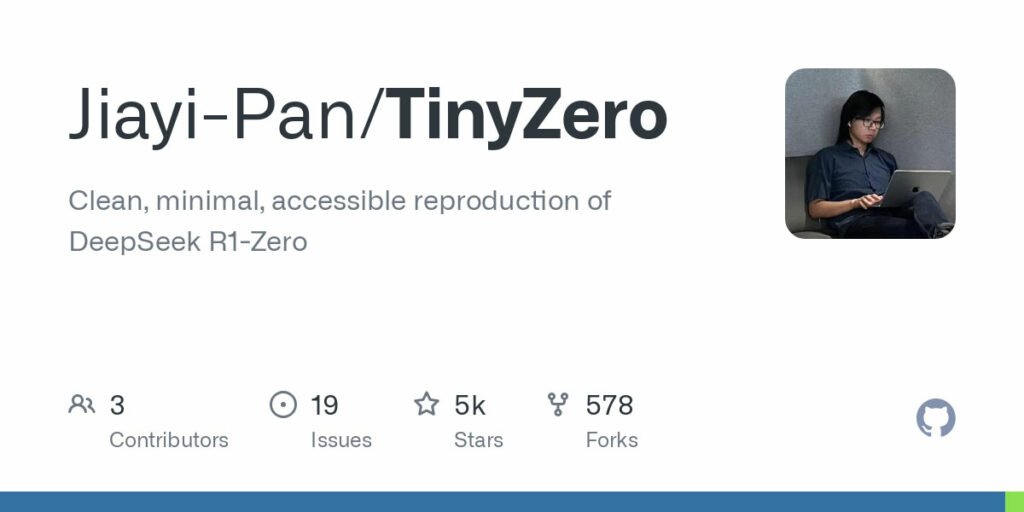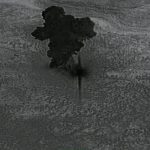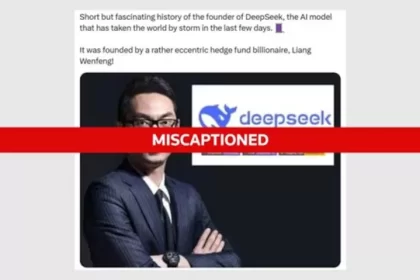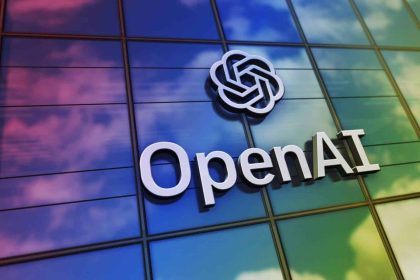PhD students at the University of Berkeley have managed to develop a new artificial intelligence model, which is said to be comparable to the R1-Zero model of Depsic, but researchers claim to have built the core of the model for just $ 2.
Deepseek has created a new wave in the industry by introducing the R1 model. This model claims to be able to do similar performance at a cost less than competitors, but the Berkeley University team has decided to build a cheaper model.
It is amazing to many specialists in the field of artificial intelligence in just a few days. These findings conflict with the common sense that the development of advanced artificial intelligence requires huge datacenters, expensive processors and billions of dollars. The Dipsic Startup surprised the technology industry by dramatically reducing the costs of artificial intelligence education, but now the Berkeley University team has shown that these costs can be less. Of course, these researchers seem to have not even considered the cost of their working hours, otherwise that would probably have been more.
Howzero’s work, dipsic clone
Tinyzero works based on reinforcement learning. In this way, the model first gives random answers, then approaches the correct solution by continuous correction. Although Tinyzero does not have all the capabilities of the enormous model of 2 billion in dipsic parameter, the creators say the key behaviors of the R1-Zero model.
The open source tinyzero model has been published in Github and users can view the source code and examples of its application. The data used in this project are also available.

Despite this achievement, some critics have doubts about these claims. They believe that Dipsic may have used compression techniques of other models or alternative resources that have affected the final cost.
Although Tinyzero has shown that reinforcement learning can be done at a low cost, this model is still unable to compete with larger models. Tinyzero seems to be more of a project to prove the concept than a serious replacement for advanced market models.
Finally, Tinyzero and Deepseek R1 indicate an increase in the desire for low -fat and low -powered models. Many may have thought that significant improvements in this area would require huge costs, but now it seems that a doctoral student or a small startup could also transform the path of artificial intelligence.
RCO NEWS

















